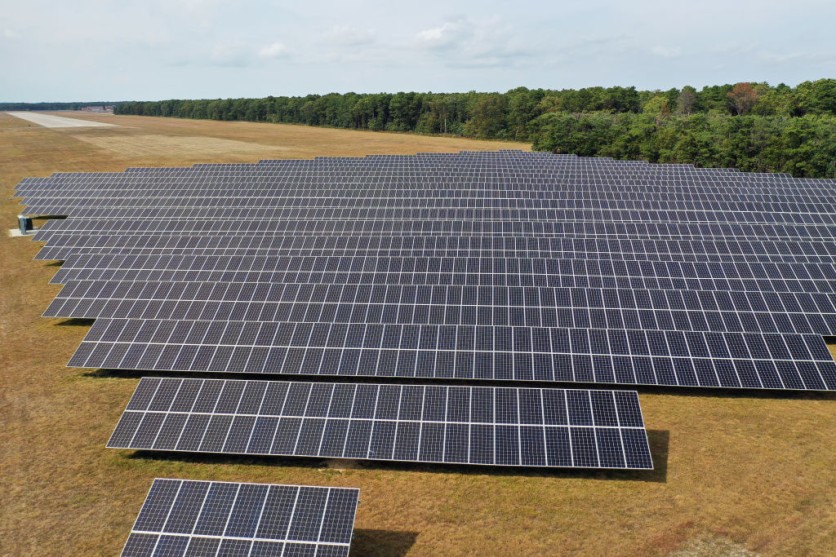The UK has ambitious plans for a new energy product to create soil batteries that will help store solar power underground, according to Interesting Engineering.

The design recently received a huge funding boost from the UK government, which will leverage the Earth's microbial life to transfer energy, based on a report by Euronews.
Underground Energy Storage
There have been successful experiments that involve adding soil to a jar with a few electrodes and connecting them. The idea here is to stimulate certain microorganisms in the soil by using buried electrodes to receive electricity from solar panels.
This is because when you make energy available to microorganisms, they will use it in some way to survive. There are certain organisms that can use electrical energy to perform electrosynthesis, where they combine carbon-based molecules from carbon dioxide. The bugs that feed on them can expel electrons that go across the circuit and produce electricity as necessary.
The process is similar to photosynthesis, but in this case, the bugs will use the energy to decrease the carbon dioxide and create acetate. It will function as a chemical energy reserve, and when needed, a separate circuit will be activated that will cause different groups of bacteria to become active and start breaking down the acetate.
However, an excessive amount of acetate can harm other life forms in the ecosystem. This is why they will focus on the busiest top layers. Still, its impact still requires further investigation.
One of the advantages of this idea is that it doesn't need hazardous chemicals like lithium. Instead, it will create organic molecules that are usually present in the soil and produced naturally by microorganisms in smaller quantities.
Also Read: Energy Dome is a CO2 Power Storage Generator for Solar Energy, Capable of Storing 200 MWh
A Highly Transformative Impact
The prototype will work every day, which will store solar energy for use at night. Eventually, the batteries may be positioned below solar panel fields. The researchers also hope to scale up by connecting hundreds of cells for a higher voltage.
It's very early in the process, but it can be an innovative way to store energy in the long run. If the technology is functional, it can be a long-term option for renewable power sources.
The system could also have a transformative impact on the energy sector by keeping power stations open longer as they can store solar energy during high-demand periods. The cost is also expected to drop significantly over time.
It's worth noting that in the UK, the solar industry is becoming increasingly popular. The government has done so much to support it, and the government's policies have been effective in promoting solar penetration.
This study is a great way to start paving the way for renewable energy systems that can help solve climate change. Truly, innovations like this are the key to a cleaner and more sustainable future for all of Earth.
Related Article: MIT Develops Aluminum-Sulfur Batteries That May Be a More Cost-Effective Way to Store Renewable Energy
This article is owned by Tech Times
Written by April Fowell




